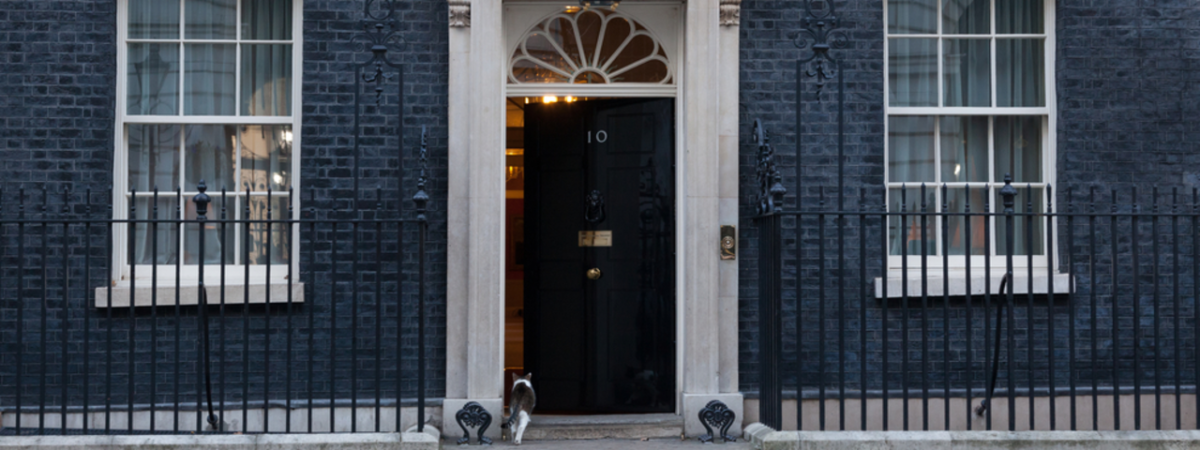IEA launch new Brexit Unit & argue that EU divorce bill should not exceed £26bn
SUGGESTED

IEA react to the agreement between the Conservative Party and the DUP

IEA releases report on healthcare funding

IEA launches Brexit Unit & new paper on EU divorce bill
Brexit provides a golden opportunity to create a more flexible, open and vibrant economy and to champion, by example, the benefits of free trade around the world. But a positive outcome is not guaranteed. Negotiations are ongoing and a ‘good deal’ is far from certain; Brexit could end up resulting in more bureaucracy and state intervention, rather than less.
Led by the IEA’s Chief Economist Julian Jessop, the Brexit Unit will make the intellectual case for free markets in the many debates that lie ahead. This will include discussions of the exit terms and the nature of our future relationship with Europe and the rest of the world.
Should the UK pay an EU divorce bill?
Alongside its launch, the Brexit Unit has published its first briefing on the Brexit divorce bill, which argues that the upper limit of this bill should be no more than £26 billion. This figure has been reached based on the following principles:
- The EU has made long-term financial commitments during the period of the UK’s membership agreed by the UK and on the assumption that the UK would continue to contribute.
- The EU operates a budget process called the Multiannual Financial Framework and there is therefore a case for arguing that the UK should continue to make its usual payments until the end of the current MMF (which runs from 2014-2020).
- This would imply a divorce bill of around £21 billion (net of the UK’s rebate and EU spending in the UK) covering from March 2019 to the end of 2020.
- There could also be a smaller one-off items on top of this – for example pension payments contributions – which could take the bill to around £26 billion.
Commenting on the briefing, author Julian Jessop Chief Economist at the Institute of Economic Affairs said:
“The Brexit negotiations will need to decide how much the UK will pay the EU to settle financial obligations undertaken while it was a member. Many Brits would suggest that the right figure is in the ballpark of ‘zero’. However, some EU officials have suggested that the bill should be north of €100bn. A compromise towards the lower end of this range might be acceptable – a figure of around £26 billion could be justified using certain principles. But if the two sides fail to agree a good deal on the terms of any future relationship, the UK can, and should, walk away without paying a penny.”
Commenting on the launch of the Brexit Unit, Julian Jessop Chief Economist at the Institute of Economic Affairs said:
“The negotiations over the terms of the UK’s departure from the EU have only just begun and there is still a lot to play for. The IEA’s new Brexit Unit will make positive and constructive contributions – with an emphasis on free market solutions. I am delighted to have the chance to lead this work at such a crucial time.”
Notes to editors:
The IEA’s Brexit Unit will be launched tonight at a reception held at Institute of Economic Affairs’ offices: 2 Lord North Street, London, SW1P 3LB from 6.30pm, with a keynote speech from Gerard Lyons, former Chief Economic Adviser to Boris Johnson.
For media enquiries please contact Stephanie Lis, Director of Communications: slis@iea.org.uk or 07766 221 268 or Nerissa Chesterfield, Communications Officer: nchesterfield@iea.org.uk or 07791 390268
To download a copy of the Brexit Unit’s first briefing, ‘Should the UK pay an EU divorce bill?’ please click here.
Further IEA Reading: The IEA Brexit Prize: A Blueprint for Britain-Openness not Isolation
The mission of the Institute of Economic Affairs is to improve understanding of the fundamental institutions of a free society by analysing and expounding the role of markets in solving economic and social problems and seeks to provide analysis in order to improve the public understanding of economics.
The IEA is a registered educational charity and independent of all political parties.



